The Lloydminster Catholic School Division contracts two consultants to support the Student Service Team.
The Educational Psychologist provides assessment and recommendations to schools and the student service team. This information is used to plan appropriate programming, align outside student/learning support and provide appropriate accommodations. The Clinical Psychologist works directly with the School Counselor team and by referral to the student services team. The Clinical Psychologist provides direct therapy, individual assessment and recommendations for accommodations to support learning development. Our student services team works directly with the referral process to assist school teams in gathering information for teachers and/or parents when students are experiencing difficulties in learning. The Learning Assistant Teacher is a valuable part of this process and there is at least one at every school. LATs are fully trained teachers with specialized skills in serving students with intensive needs. If you have questions about the type of programming or support required for your child, please start with your school’s Learning Assistant Teacher.
Occupational Therapy
As children grow and develop, they learn to do many things, including taking care of themselves, managing their school work, playing sports or developing a leisure interest/hobby. Sometimes, children or youth have more problems than is typical for their age with these various skills. This can make everyday activities a challenge to learn and master.
Lloydminster Catholic School Division has a contracted registered Occupational Therapist and a contracted Developmental Aide as part of the student services team.
The LCSD Student Services team works directly with children and staff in assessing, planning, designing and implementing programming that is appropriate for an individual student’s growth and development. Our contracted OT uses meaningful activities (occupations) to help children and youth participate in what they need and/or want to do in order to promote physical and mental health and well-being. Often the program plan focuses on academics, play and leisure, social participation, self-care skills, and transition/work skills. The Developmental Aide, under the guidance of the OT, supports school staff and children in applications of skills.
What do these OT services look like in Lloydminster Catholic School Division?
Some of the general services include: early intervention, a multi-tiered approach (i.e., Response to Intervention) within general education, periodic screenings (including both data collection and analysis), provide teacher training, model activities to whole classrooms or small groups, and assist with team problem solving. The contracted OT uses the Jane App to communicate and store individualized, confidential program plans with parents and the school team.
Evaluation services assist the Inclusion and Intervention Plan (IIP) team with identifying the presence of a skill deficit and whether there is an educational need for occupational therapy services. Occupational therapy intervention is provided directly to the child, or on behalf of the child, and program modifications or supports for school personnel. This may include adapting the environment, supporting accommodations, ensuring access and participation in school activities and educational programs, and assisting in preparation for transition post-graduation. Services take place in natural school settings during the routines of the school day and are most beneficial when they occur at the location and time that the student is experiencing challenges. Services are designed to support progress on the student’s IIP.
Training and resources for school personnel and families: child development and the impact of physical and mental health on learning and participation at school, training in lifts and transfers, universal design for learning, support the use of assistive technology, and provide information on positive behaviour interventions and supports.
Participating on collaborative teams:
Technical assistance teams, and problem-solving teams, aid students in accessing learning opportunities, and supporting student participation in school routines while promoting independence.
Do you have questions about your child’s OT services?
If you have questions about your child’s OT services and/or if your child would benefit from seeing and OT please contact the school LAT for your child’s grade or Amy Zidar, LAT Supervisor email at This email address is being protected from spambots. You need JavaScript enabled to view it.
For more information about Occupational Therapy please visit www.caot.ca
For more OT resources and activities to help your child develop their motor, sensory, visual perceptual and independence skills please visit https://sites.google.com/lcsd.ca/ot-slp/home
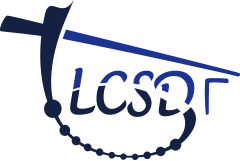

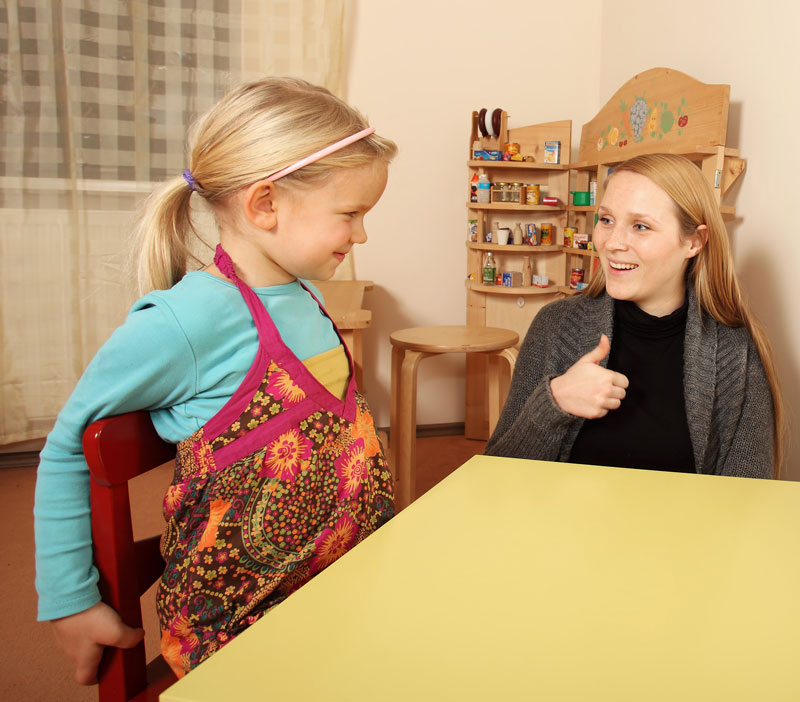
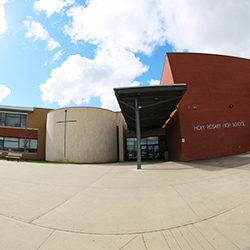
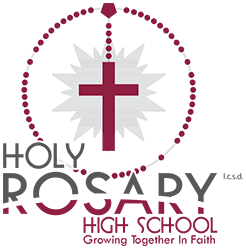
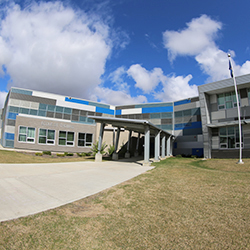
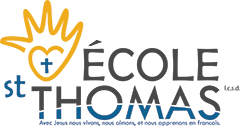
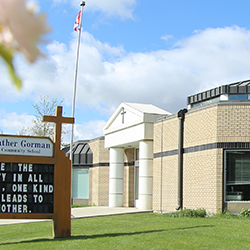
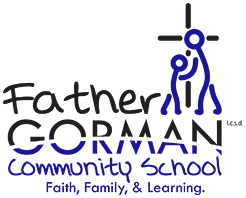
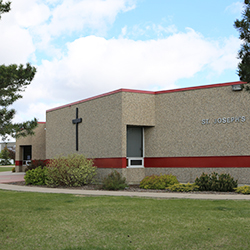
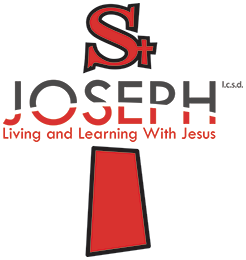
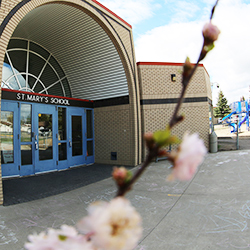
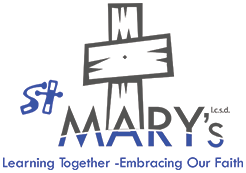
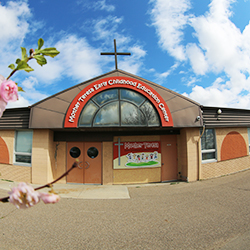
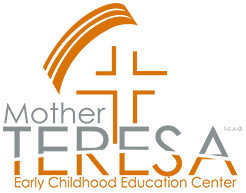
 Lloydminster Catholic School Division
Lloydminster Catholic School Division